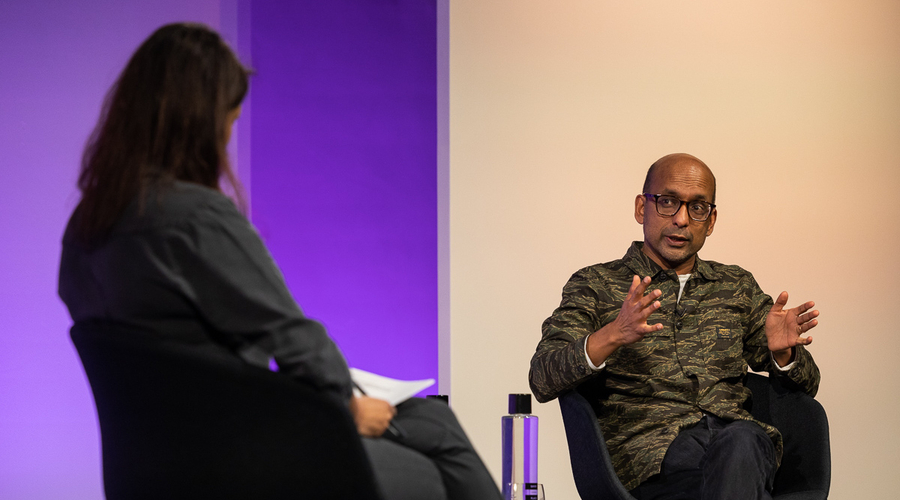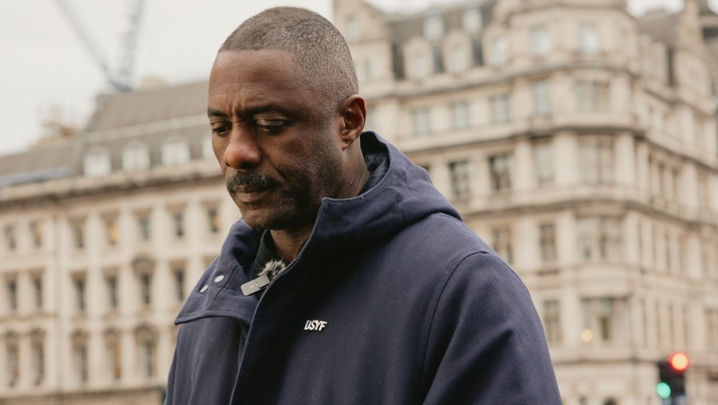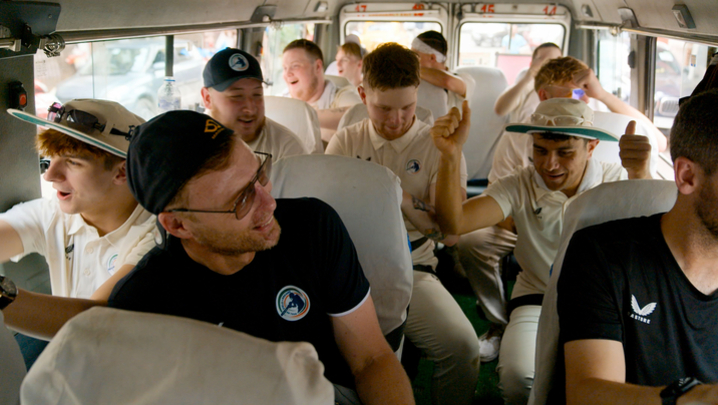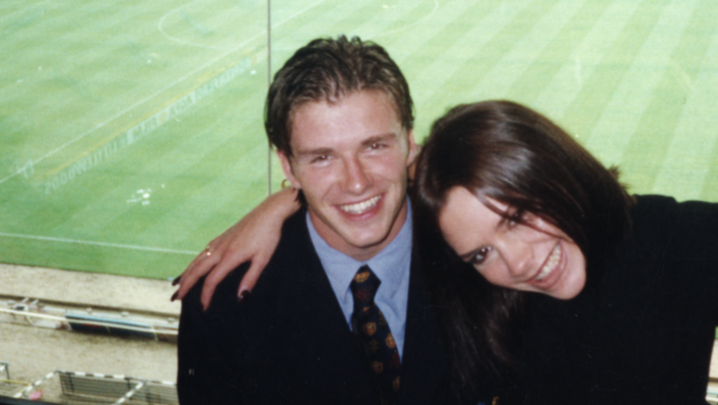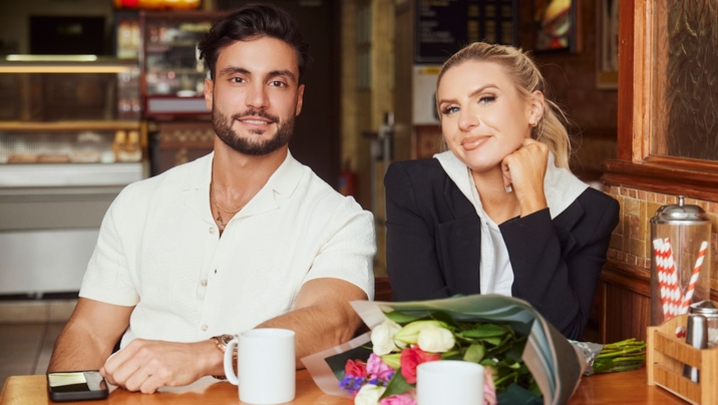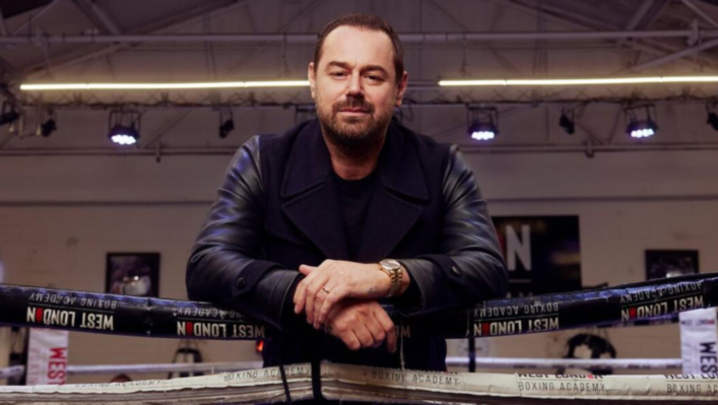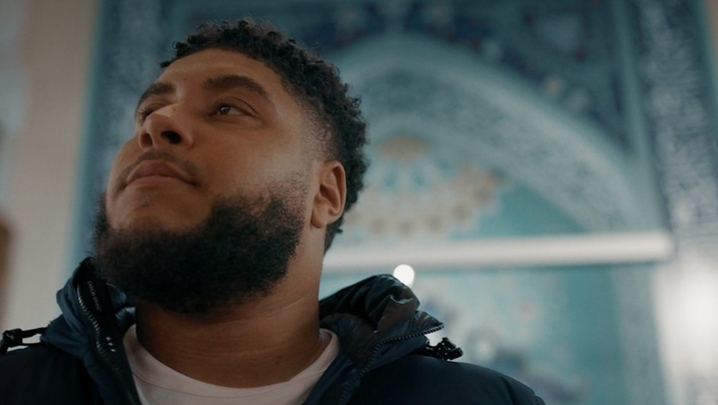Sanjay Singhal, who gave the documentary masterclass, was a BBC journalist, working as the corporation’s Washington producer for a decade.
The 9/11 attacks happened during his final week and were a “traumatic and colossal story”, he said. “After that, I sort of felt I’d done it all – where else would you go in the world of news?”
Over the following 20 years, first at Dragonfly Film and TV, where he became MD, and then at his own indie, Voltage TV, Singhal has made high-profile docs. In The Plane Crash, which became a worldwide hit, a Boeing 737 was deliberately crashed into the Mexican desert.
Last year, Voltage’s series The British Tribe Next Door, in which Gogglebox star Scarlett Moffatt and her family moved to a Namibian village, took home an RTS award.
Many documentary-makers have a background in news, which can be hugely helpful. “You’ve got to be objective, truthful, sensitive and balanced – those are all the things you learn as a journalist,” said Singhal. “Then you add to that, the documentary [features] of character, emotion…and story arc.”
The audience watched a clip from Ant & Dec’s DNA Journey, in which the presenters travel to Ireland to follow their bloodlines. “I’m obsessed with making programmes that are mainstream that reach as many people as possible,” he said. “There’s got to be room for auteurs… [with] subject matter that’s off-piste… but 95% of television isn’t like that.”
Offering advice to would-be documentary-makers, Singhal said: “The television industry is much bigger than it was; there are many more opportunities, companies and commissioners – the levels of production are unbelievable at the moment.”
He advised TV hopefuls to watch loads of telly {and other media) and, crucially, critically analyse it – “I’m interested in people who… are inspired by creative ideas.” He added: “Shoot something, cut something… learn.”
The masterclass in documentary was chaired by Fozia Khan.

